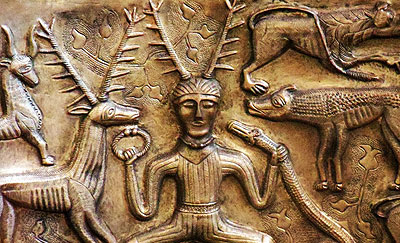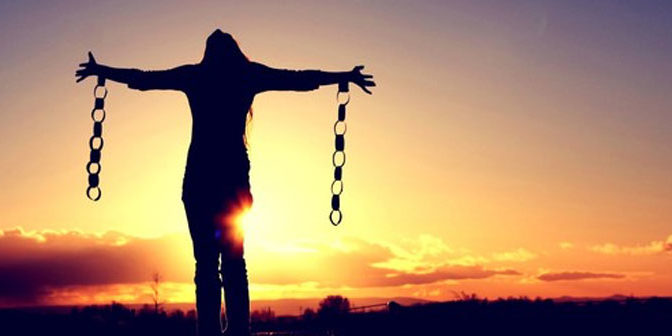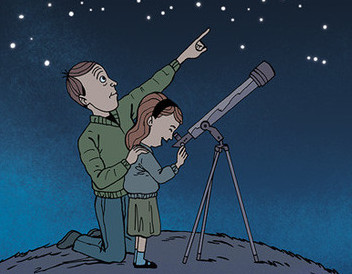This new LDS Church hardly resembles the church of my 80’s youth.
I remember when every Prophet spoke directly to and for God and Jesus Christ, Joseph Smith to Gordon B Hinkley.
I remember the oft paraphrased quote of Wilford Woodruff, “The Lord will never permit me or any other man who stands as President of this Church to lead you astray.”
These Prophets, Seers, and Revelators met directly, in person, with God and Jesus – just as Joseph Smith did in The Sacred Grove.
I pictured in my mind an image of a beautiful “Holy of Holies” in which righteous men (always men) communed with our Heavenly Father to receive His word and wisdom.
If The Prophet gave a commandment, it was God talking through his servant. “When The Prophet Speaks, the thinking is done.” Period. End of debate.
Now, however, things are a bit less clear and straightforward. Now Prophets can make Gospel-wide and canonical mistakes.
“Sometimes revelation has come as dictated wording, but prophets also receive inspiration, feelings and impressions that they must put into words and actions. Sometimes they explore paths that don’t work out.”
How convenient. When it works out, great. If not, “whoops.”
What good is a Prophet that doesn’t prophesy correctly?
What good is a Seer who cannot see correctly?
What good is a Revelator who cannot reveal accurately?
How do we know that Moses didn’t just “explore paths” that didn’t work out?
How do we know that Paul wasn’t just exploring a path?
“We should also not expect that prophets do not get tricked.”
What. The. Actual. Fuck?
If there is no method to weigh the words of The Prophet against God’s mind and will – when even Lucifer can fool the head of this “global church” – what good is this nonsense hierarchy? A hierarchy and organization that simply takes from needy families whilst claiming – on special occasion, when the stars are aligned and The Prophet wasn’t extra gullible – to provide ultimate truth, purpose, and guidance?
This isn’t just about whether The Prophet makes a mistake when he stubs his toe and lets out a “shit!” This is The LDS Church admitting that their “mouthpiece for The Almighty” gets some of the most important questions and concerns wrong for the whole of The Church, can be tricked, and is, yet, somehow accountable to no one. I advise anyone reading this who still finds a need to follow a prophet – follow yourself. You are kinder, wiser, and far more honest and accountable than this corporate behemoth and its unaccountable, admittedly gullible mouthpieces.








 In the last week there have been 2 significant changes to the LDS “Handbook 1” (which goes to the stake and bishop leadership levels), both relating to homosexuals.
In the last week there have been 2 significant changes to the LDS “Handbook 1” (which goes to the stake and bishop leadership levels), both relating to homosexuals. 